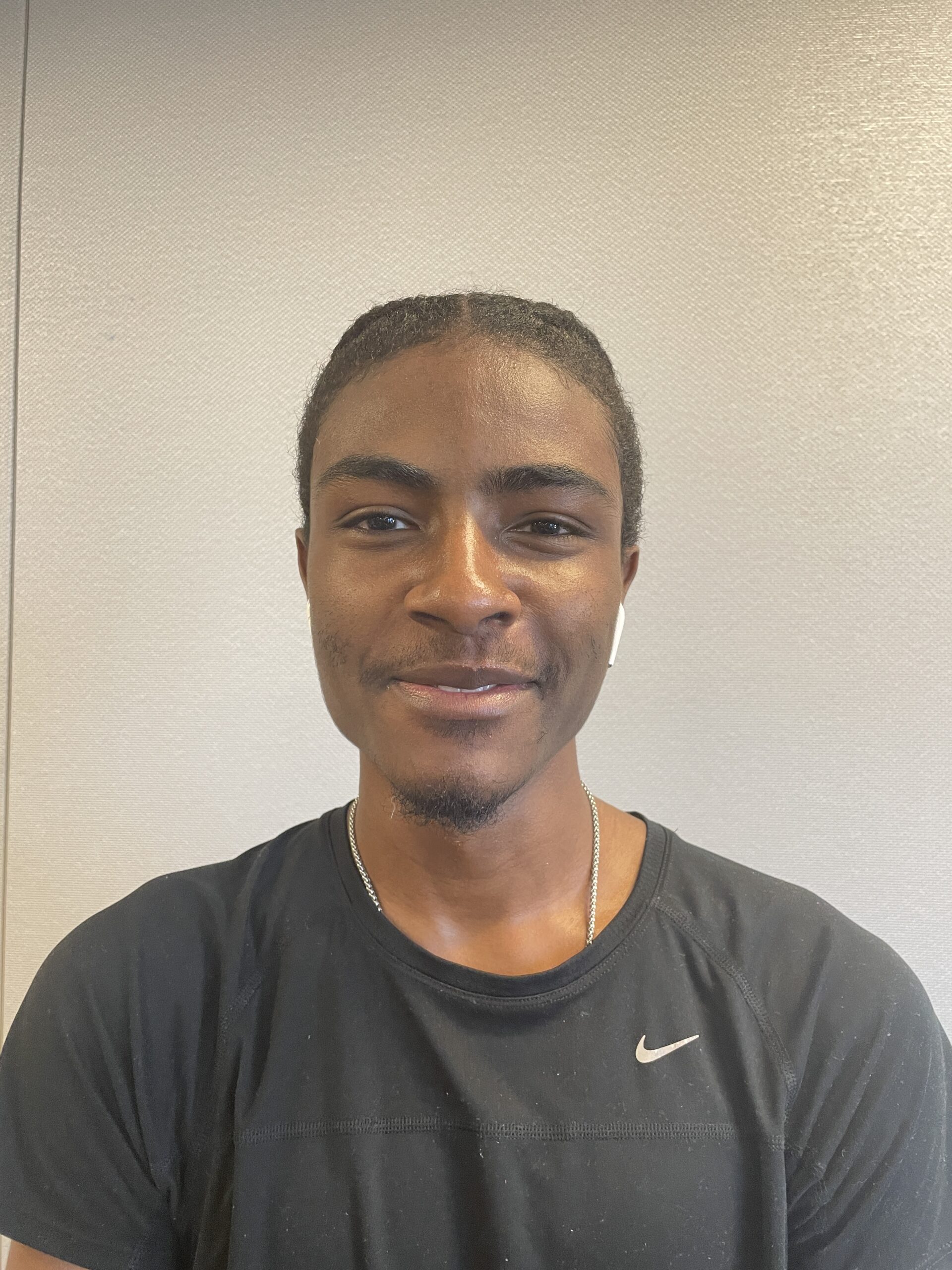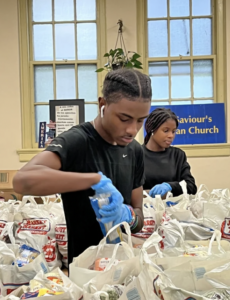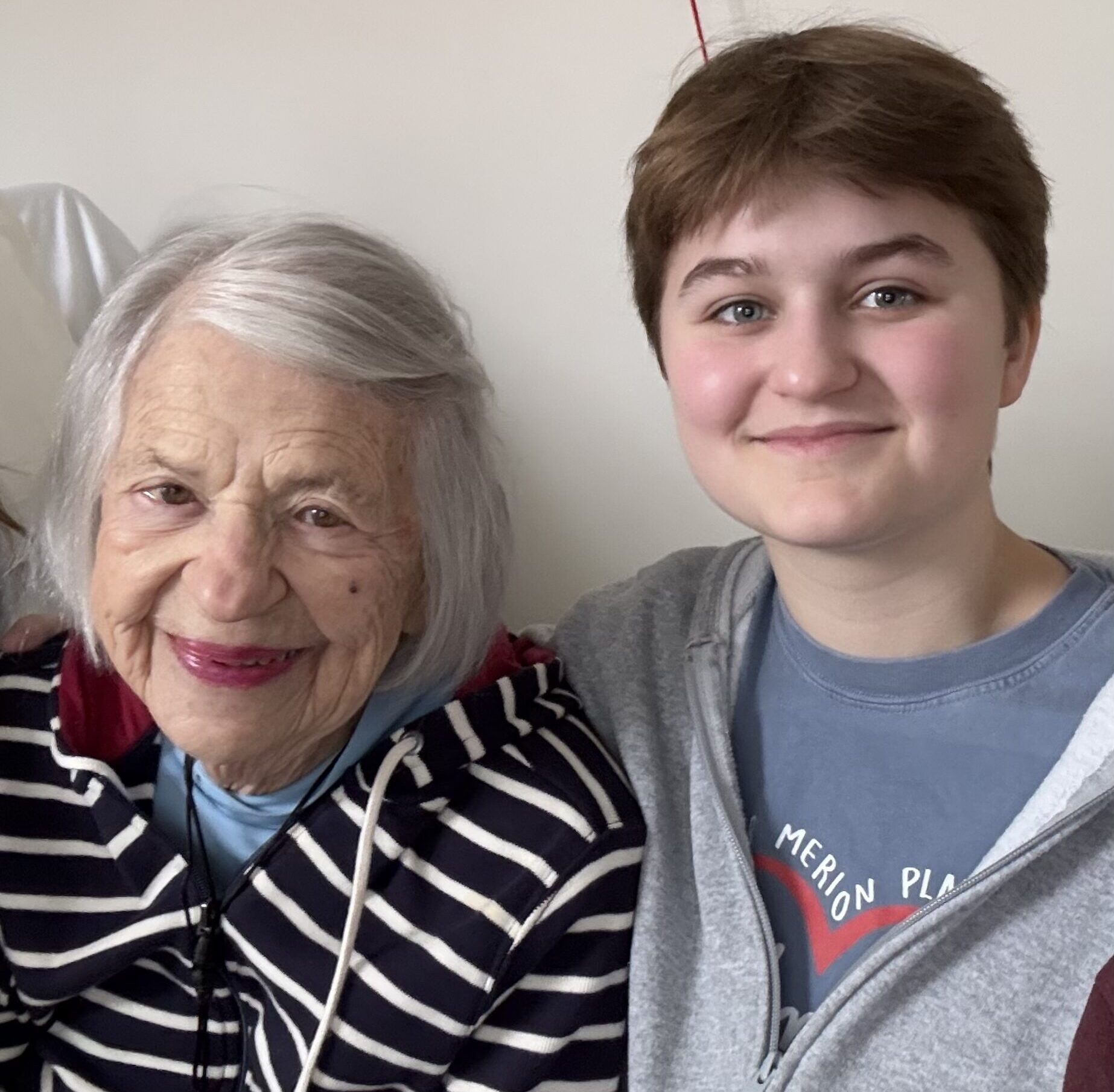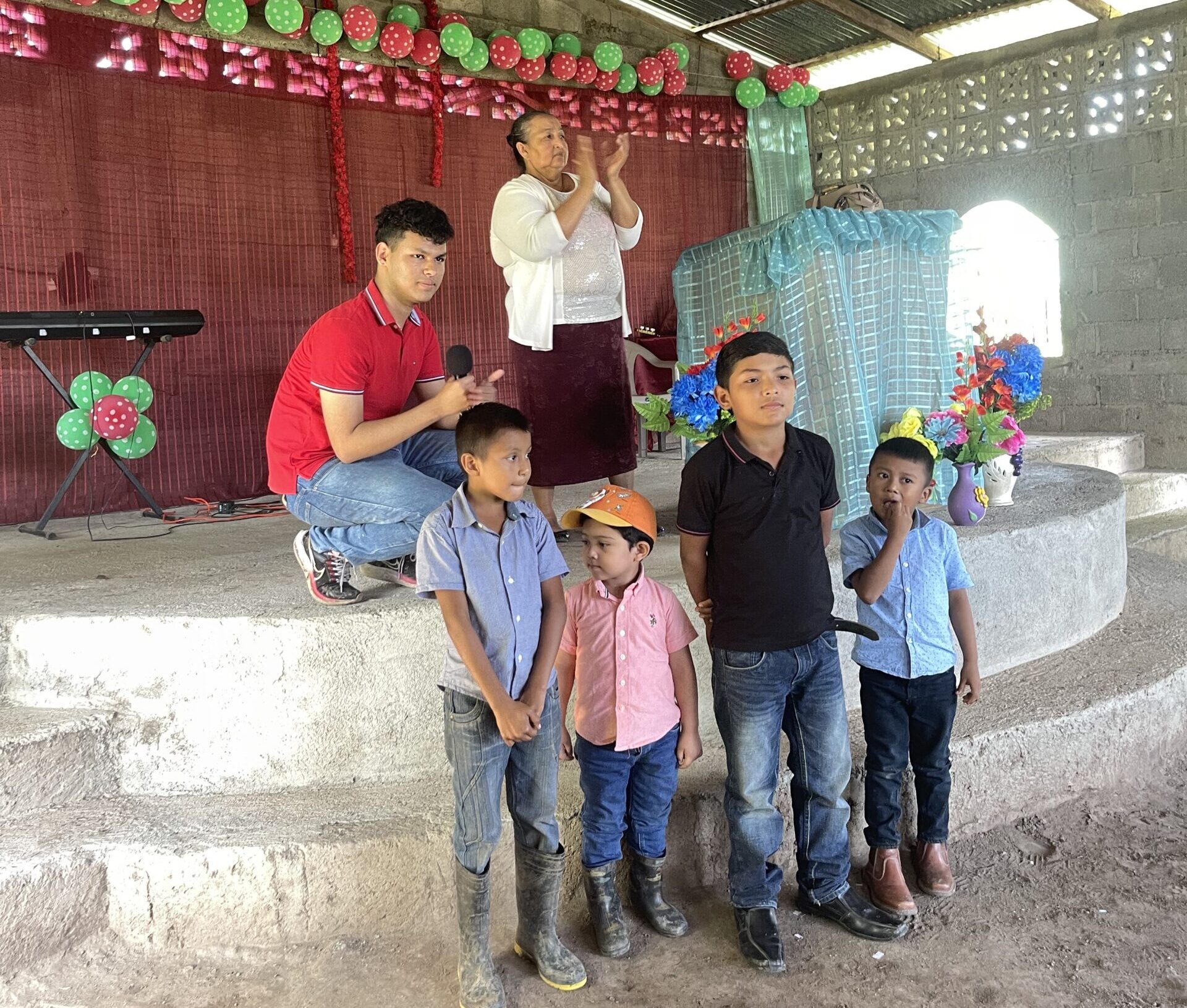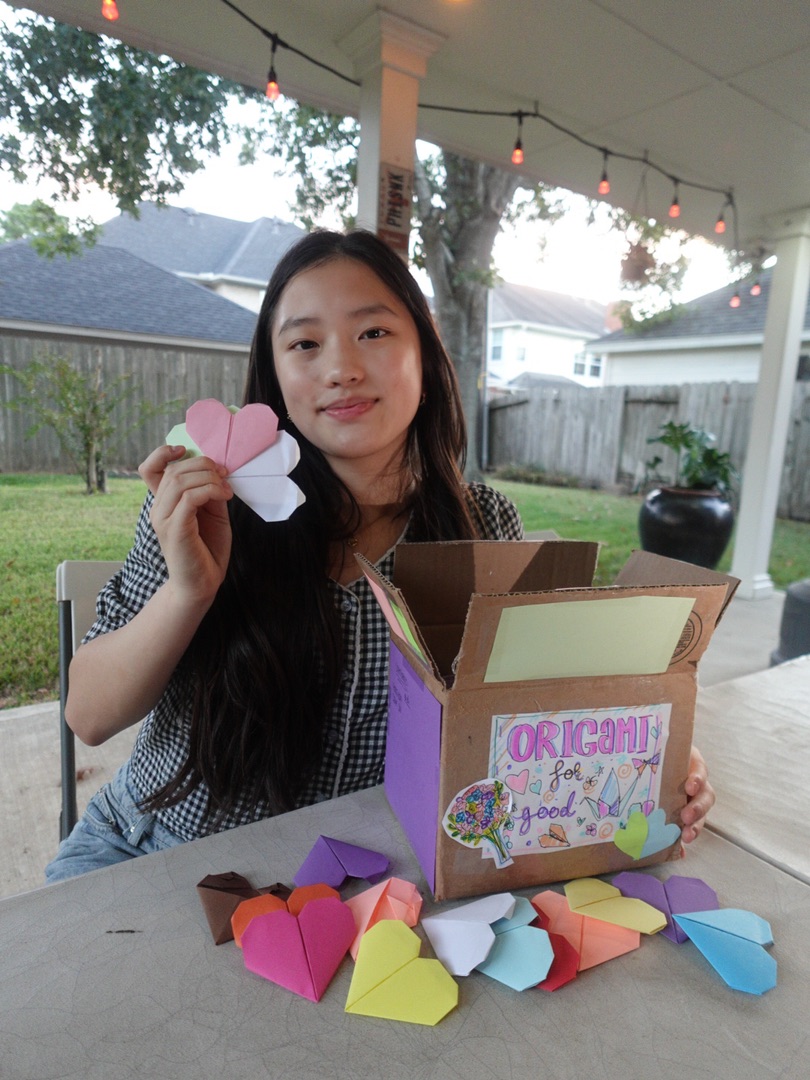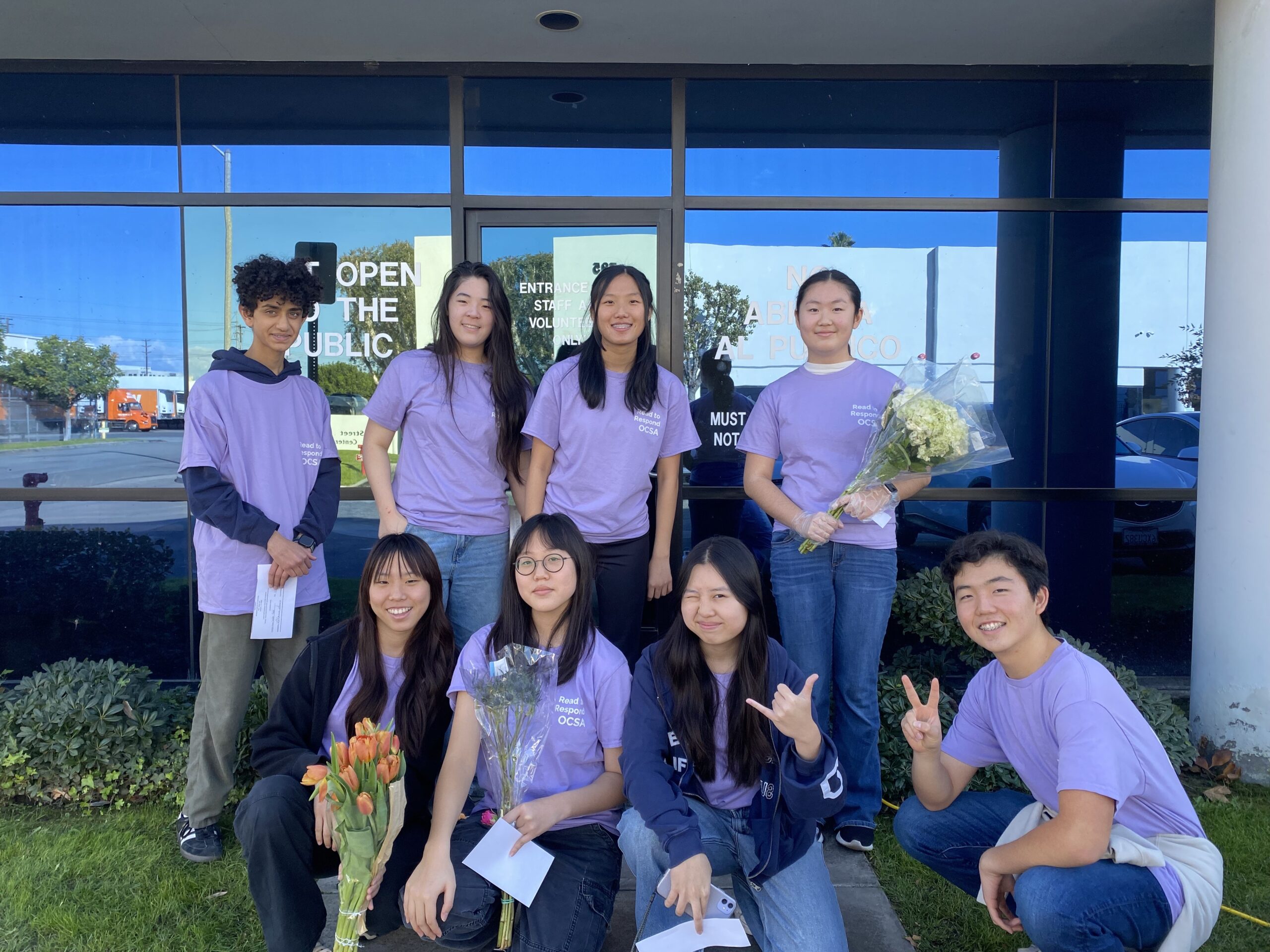*This story was originally published on teensinprint.com. Teens in Print is an inclusive WriteBoston program created to amplify the marginalized voices of eighth to twelfth grade Boston students.
When I volunteered at the East Boston Community Soup Kitchen, I knew what I was signing up for. What I didn’t know was how much the community relied on them. I was shocked to see a huge line waiting in the pouring rain. I learned that families greatly needed this type of organization in this area. That experience left a major impact on me, which is why I decided to write a profile on them. The East Boston Community Soup Kitchen provides food, clothes and rehabilitation for people dealing with a variety of challenges including homelessness and mental illness. It’s a program run by an abundance of people, including the founder, Sandra Nijjar, an amazing person who has a soft spot for people who are struggling financially.
Nijjar’s grandparents were always helping people. Her grandmother used to make homeopathic medicines for people free of charge. Witnessing this, Nijjar knew that helping people was something that she wanted to do. “Since I was little I have been helping people.” Although she had the passion to help, she didn’t know how or where to start. “Here in East Boston I noticed that there was this group of middle-aged men that were always like, struggling in Central square and different parts of East Boston and homelessness to me it always touches a nerve in my heart.”
She did know that she wanted to be in a supporting role rather than a leadership position. Vice president rather than president kind of thing. Once she found people willing to lead her cause, the East Boston Community Soup Kitchen opened on Sept. 14, 2016. Once the kitchen opened, the organization got to work quickly.
Managing a soup kitchen isn’t always easy work. On Mondays they are technically a food pantry as they provide hundreds of bags of various foods for people. Then on Tuesdays they become a soup kitchen where they provide hot meals for the community. They can have their difficult moments. Some days they have to worry about sponsors and donations. “For example, for next Tuesday, I don’t have a donor or a sponsor yet to help us with the hot meals because what I do is I look around to see who can pay the local restaurant to make the food for us,” Nijjar explained. The goal is to feed everyone, which can be difficult. People fail to realize that the community is very diverse and some people can’t eat certain things for reasons such as religion or allergies.
“They’re not thinking about…that diverse community that we have. And they think…oh, it’s food, so you just eat whatever. So that becomes very challenging because we don’t have more culturally appropriate types of foods to offer.”
Despite all of the challenges they face, the Soup Kitchen still manages to positively affect the community in many ways. Homelessness is already a huge problem but it can become especially hazardous in the winter, as the freezing cold can cause many health problems. People come to the Kitchen saying “‘I need shoes, I need clothes. I need this, I need that.’ So then we make a list. Sometimes we have the items and we’re able to give them a bag right away filled with all the basic necessities.” The organization emphasizes that everyone deserves to have a community, regardless of housing status. Community is as crucial as family, Nijjar emphasizes. The Soup Kitchen strives to give their participants “a space of community where they are in an environment where they are in family. We call our space community family space.” The organization hosts things like galas and holiday-themed events where the profits go towards helping them get the things they need to help the homeless.
Meeting with Sandra Nijjar was an amazing experience because when I volunteered we didn’t get to ask many questions so the chance to meet with her one on one was a special one. I was able to get insight on the operation and how things go down. So huge thanks to Sanda for coming through and allowing me to interview her.




